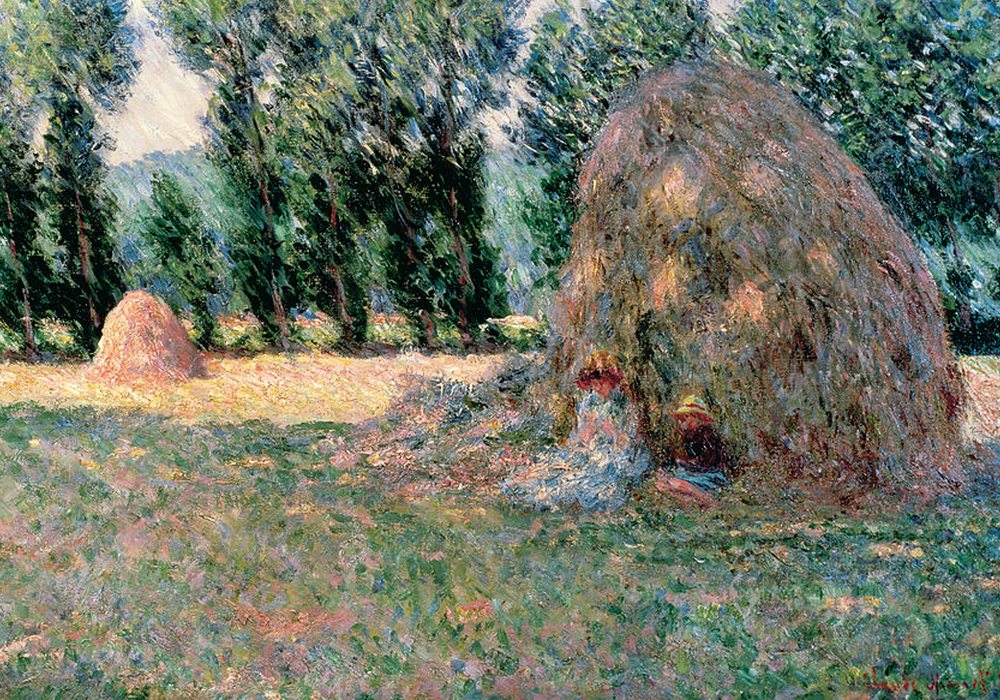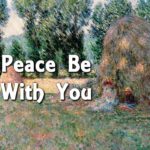Is This Really A Low Sunday?
Contributed By: Rev. Helen O. Harper
(Download Reflection)
Rev. Harper is the Priest at St. Peter’s Episcopal Church in Niagara Falls, NY.
John 20:21
“Peace be with you. As the Father has sent me, so I send you.”
For as long as I can remember the Episcopal Church has called the Sunday after Easter “Low Sunday.” I’ve always been opposed to calling this particular Sunday low because it implies that the Sunday after Easter is, in some way, of lesser importance than any other Sunday in the Church year. If you are one who subscribes to the theory that thoughts have the power to make us feel a particular way then, we should experience low energy on “Low Sunday.”
Barbara Brown Taylor, author, and theologian has written this in her book entitled Help My Unbelief: “On the Sunday after Easter, the story of ‘Doubting Thomas’ is always read,….this day is popularly referred to as ‘Low Sunday’ because the big crowds of Easter Sunday have vanished; [and] the people who are in church…are the hard-core faithful.”
There are two themes that emerge from the Gospel for Low Sunday, the first theme: When…it was evening…the first day of the week…the doors were locked…the disciples were assembled…[Then] Jesus came and stood in the midst, and said to them, “Peace be to you.” We are constantly chasing after a thing called peace. We all want peace, we desire it, we deep-down long for it and sometimes we even crave peace. But what often happens is just the opposite: just as we manage to settle down for a few “peaceful” moments, we get a call, or text, or there is a crisis at home or at work. And in the current situation we are in, all these all these things and more can be happening at the same time! Peace can be an elusive thing.

In today’s Gospel we see Jesus walking through a door bringing some much-needed peace to his disciples. These disciples were devastated from witnessing Jesus’ recent arrest, torture, trial, and death. They are also even exhausted from trying to make sense of his return from the dead!
So here the disciples are huddled together in the same Upper Room, where not so long ago they celebrated the Passover meal with Jesus. They are huddled together and their fear is palpable. We know where there is fear there can be no peace, and after hearing these disciples were fearful, we might be tempted to dismiss their fear by thinking “They were weak men who just don’t get it.” We think things like this forgetting it took many centuries for theologians to pull together all the unfolding scenarios of a new sect call Christianity.
Part of what this Gospel indicates is that these disciples are in need of peace—they are more than ready for it. They have been living in fear of the authorities who put Jesus to death, and they believe they could be inheritors of a similar fate. So what they immediately need is a type of peace that will give them the confidence to come out of hiding, so they can once again walk into the light. Jesus arrives with just the peace they need. He walks into the room and not only once, but three times, says to them “Peace be with you.” He empowers them to once again believe in the strength and blessing in his words. Jesus comes through a locked door in his Risen state to demonstrate the power of the Risen Christ, power that will not be contained by rock, tomb, or door! And with the gifts of his presence and his peace, everything changes because this is no ordinary proclamation of peace. The peace Jesus brings with him and confers on us transforms everyone and everything.
A second theme. An extraordinary thing happens on this Sunday: Thomas, who sees the Risen Christ, is forever changed because of his (initial) unbelief. Thomas asks to touch the wounds of Jesus, but after looking through the eyes of his faith, realizes it is Jesus himself within his sight. Then Thomas uses words that have become such a wonderful spontaneous exclamation of faith when he says: “My Lord, and my God.”
Now…Thomas’ doubt is also our doubt because Thomas represents every one of us who has ever doubted Jesus truly rose from the dead. Thomas also represents any of us who has ever waivered in our faith in God, either once in our entire life or once a day. So thank God Thomas doubted.
So when our faith waivers, and it will, take heart. Remember how Jesus brought greetings of peace to his first disciples, peace which he continues to offer to us day after day—we need only make room in our lives for it. The peace Jesus gave to his disciple’s infused new life and hope in them, and can show us the way to new life and hope. So with all that is written in this Gospel why still call this Sunday “Low?”
Now Peace be to you from God our Father and from the Lord Jesus Christ. Receive the peace of the Risen Christ then share the peace of the Risen Christ.
Rev. Helen Harper

